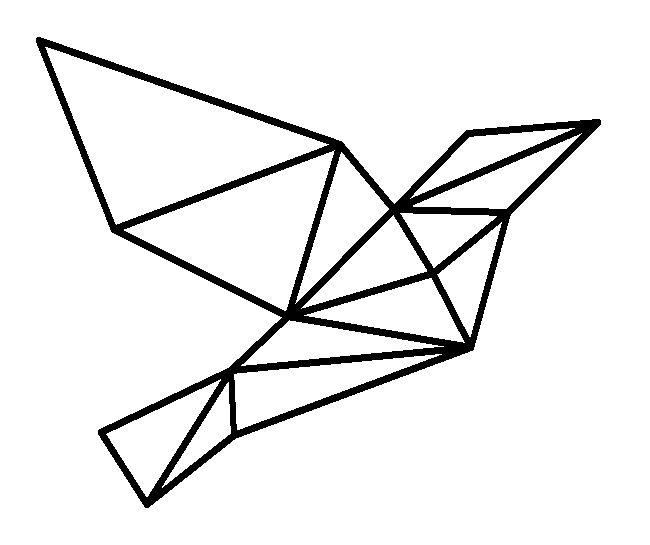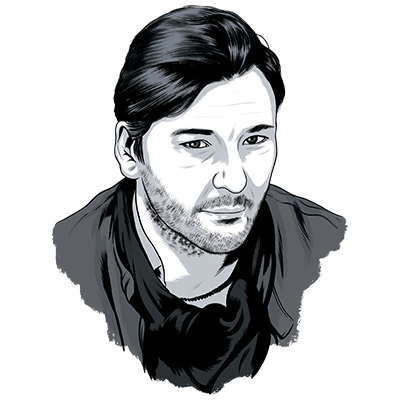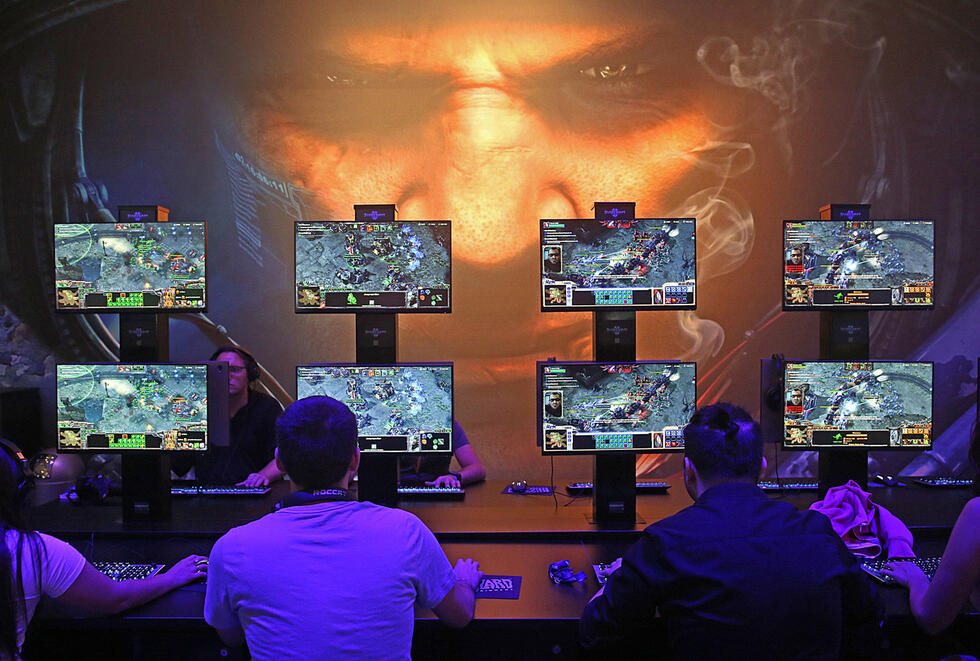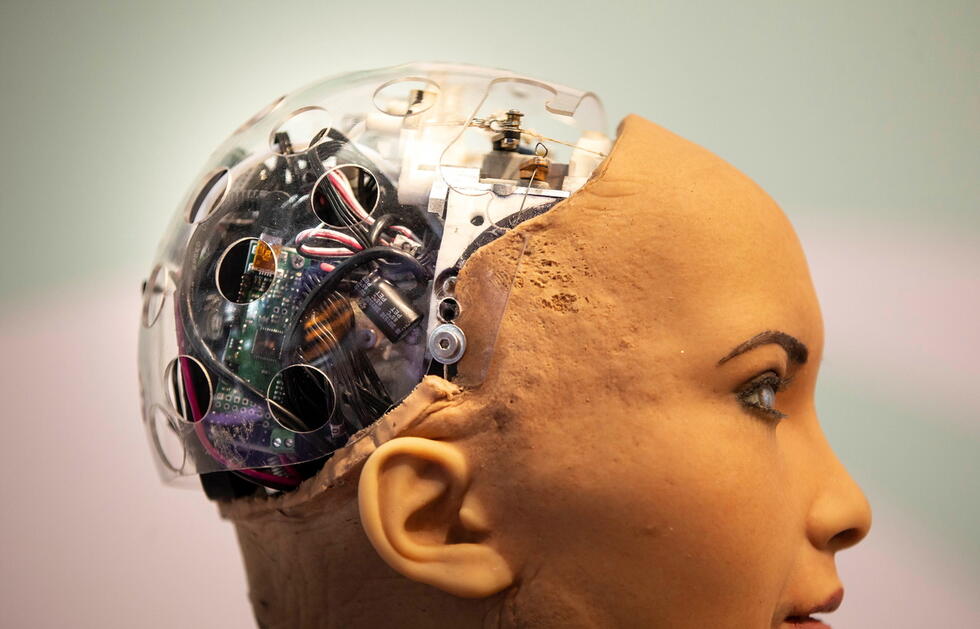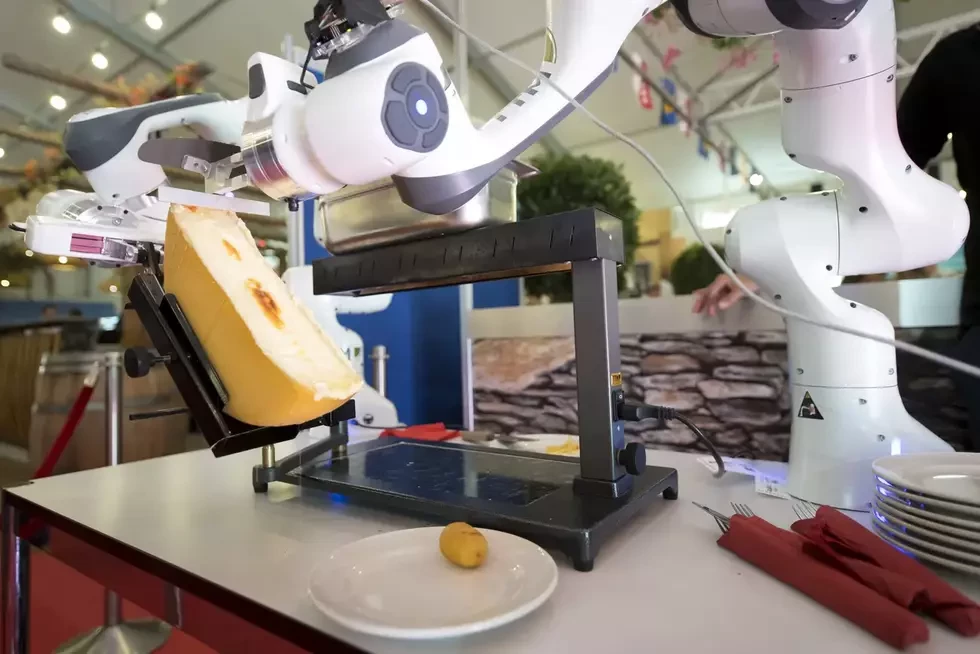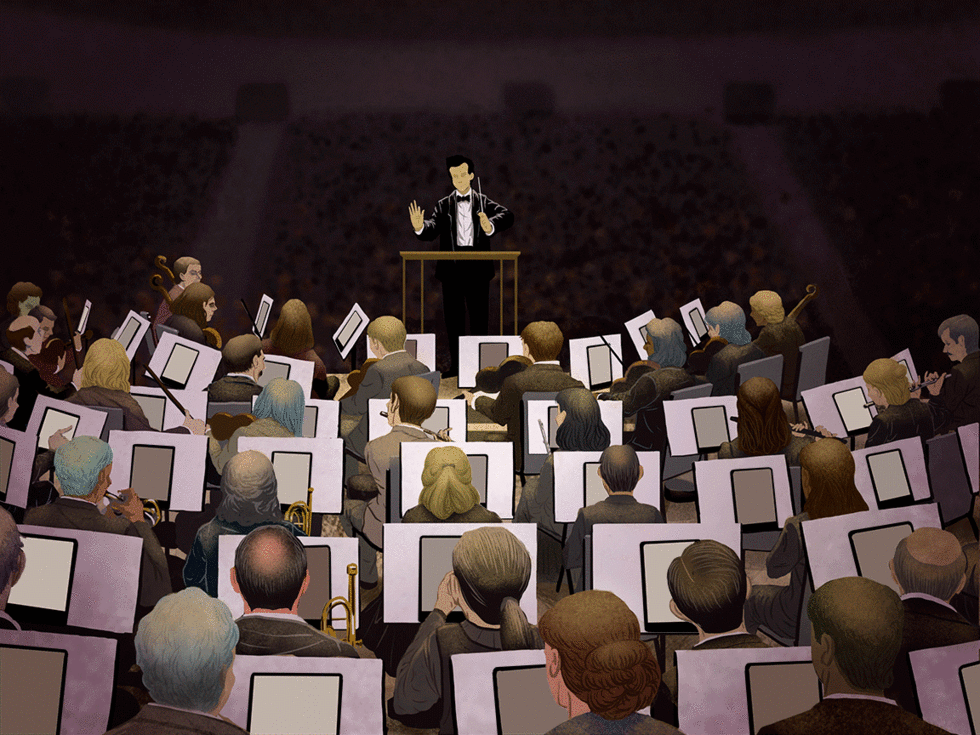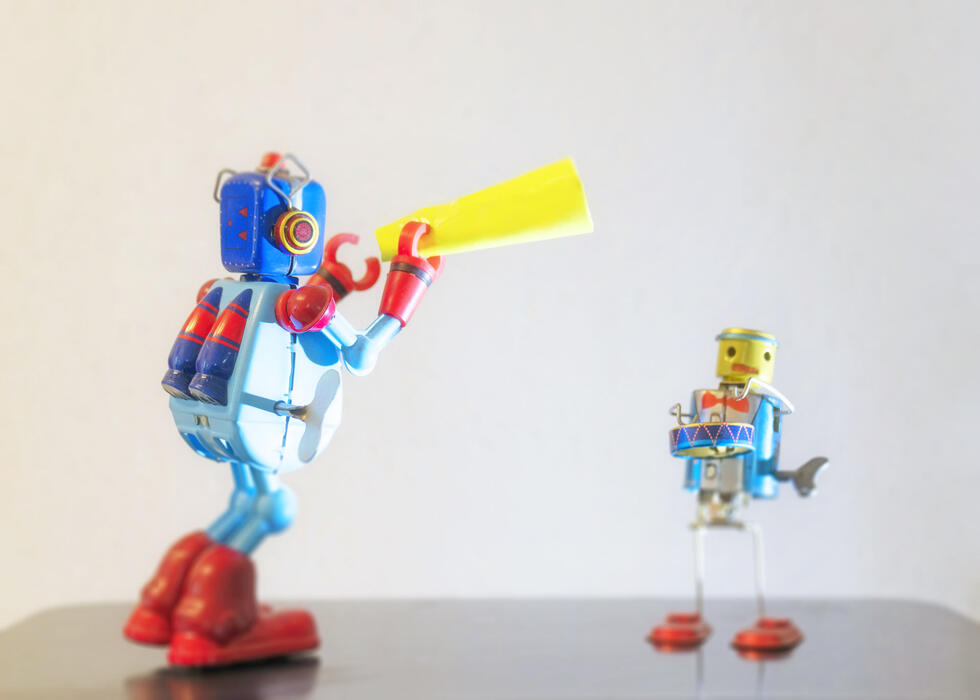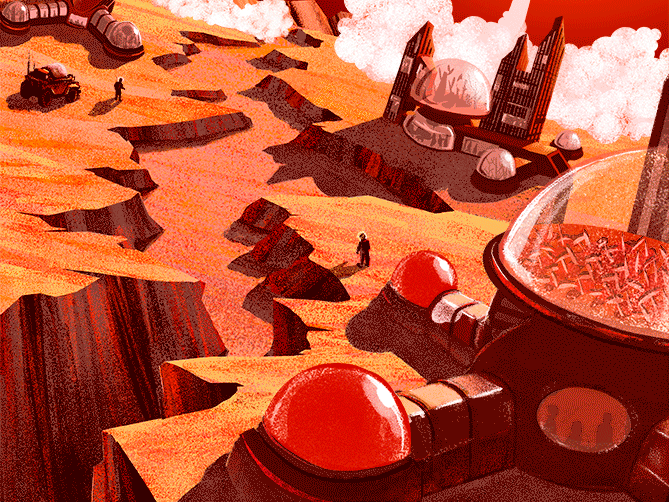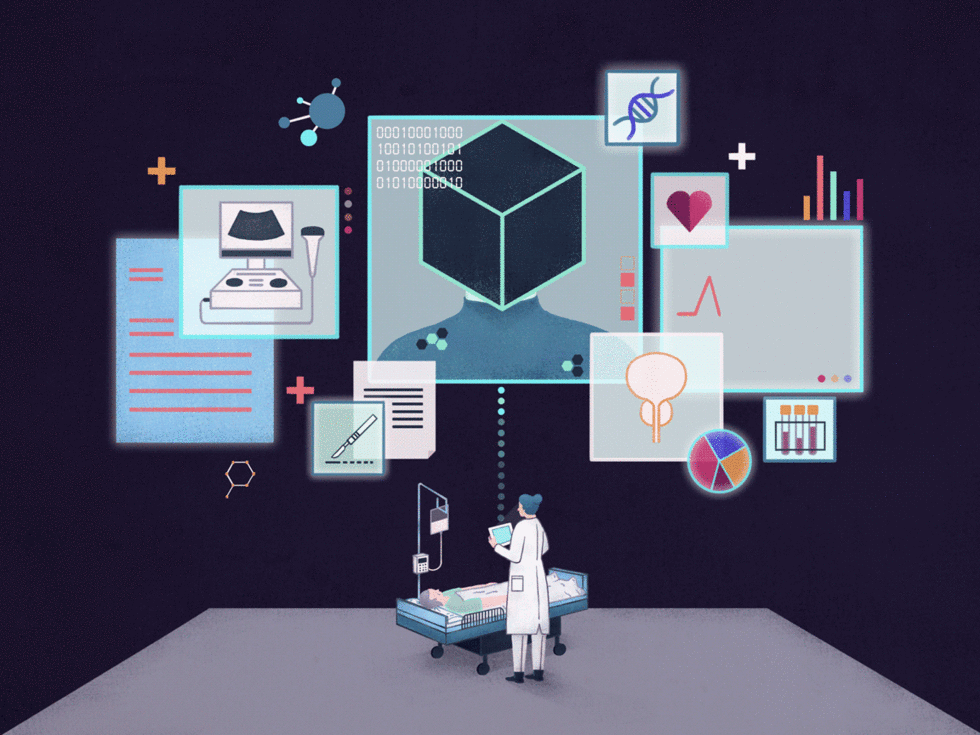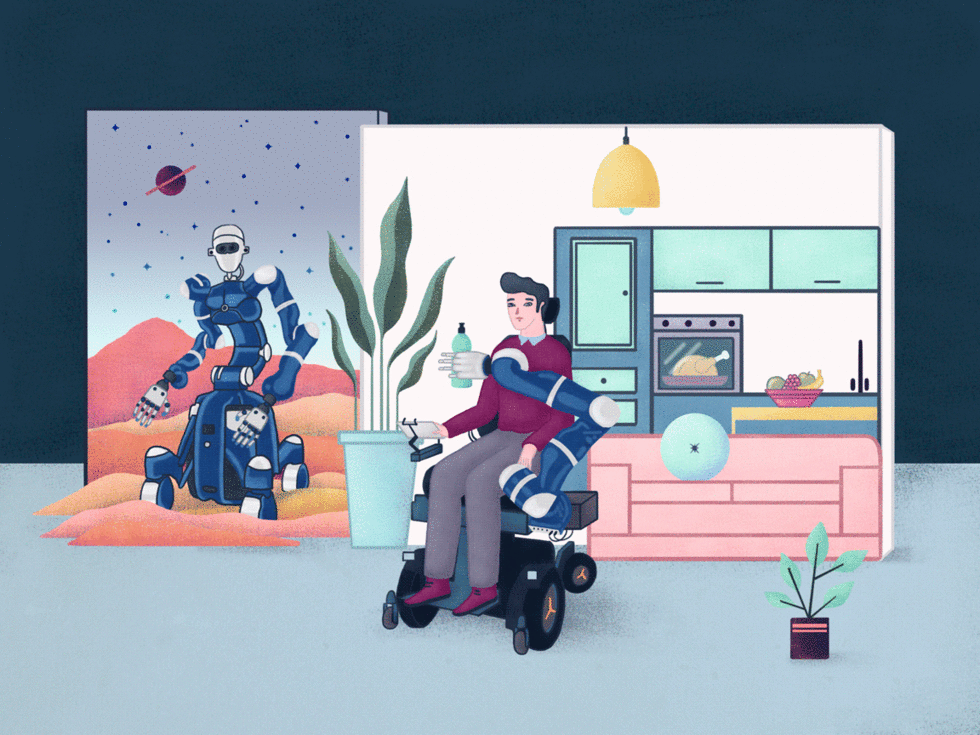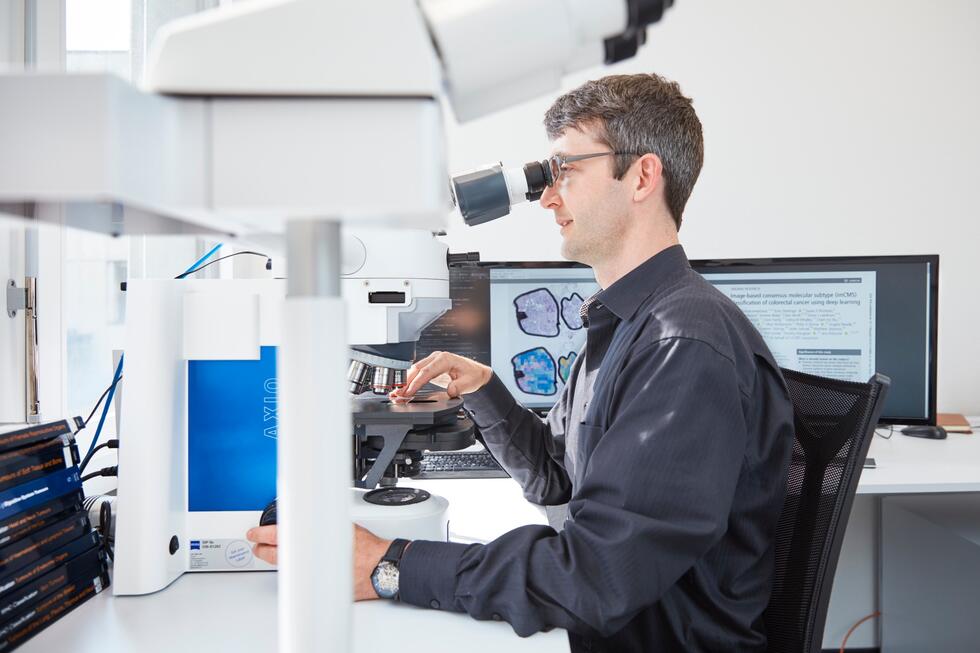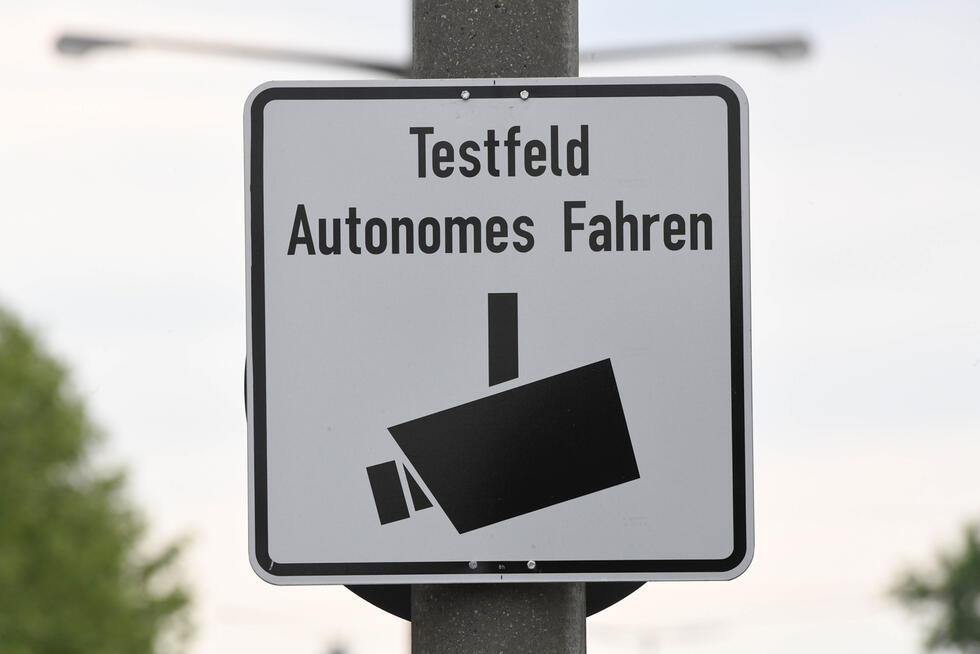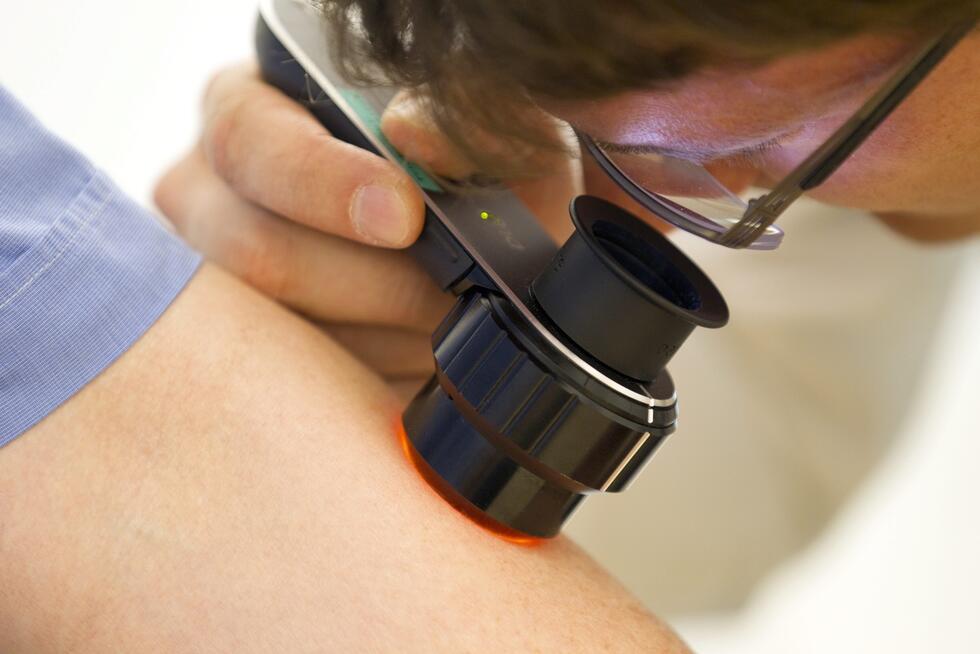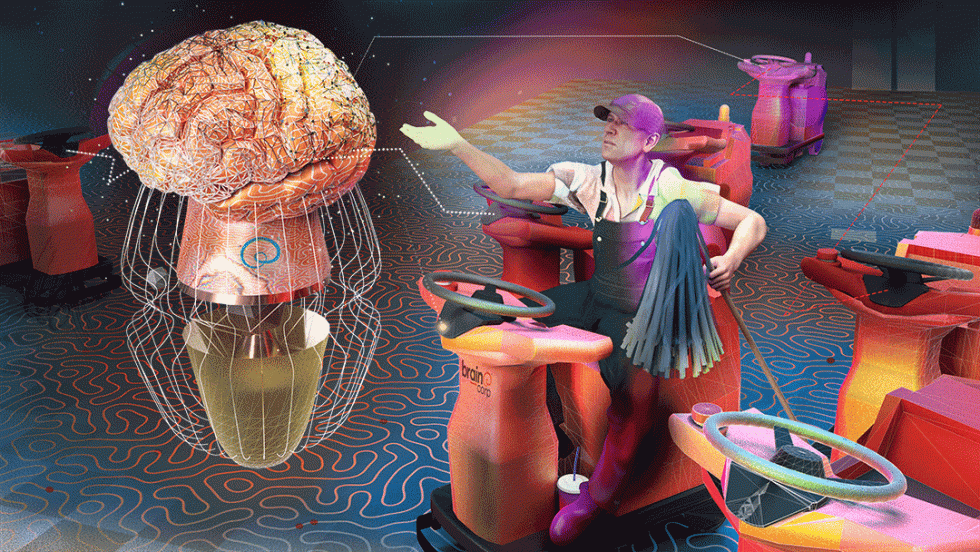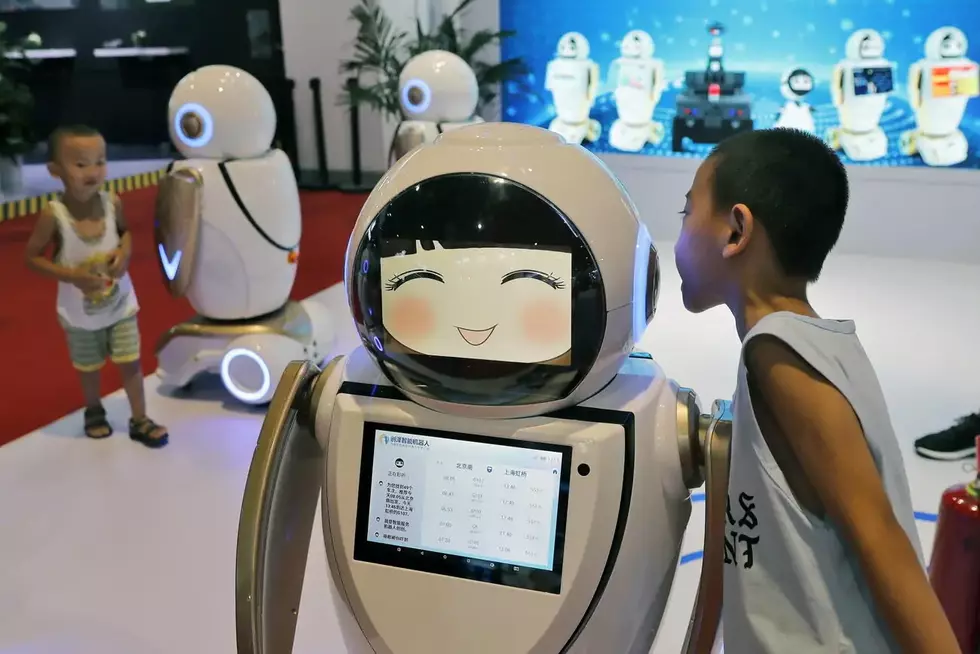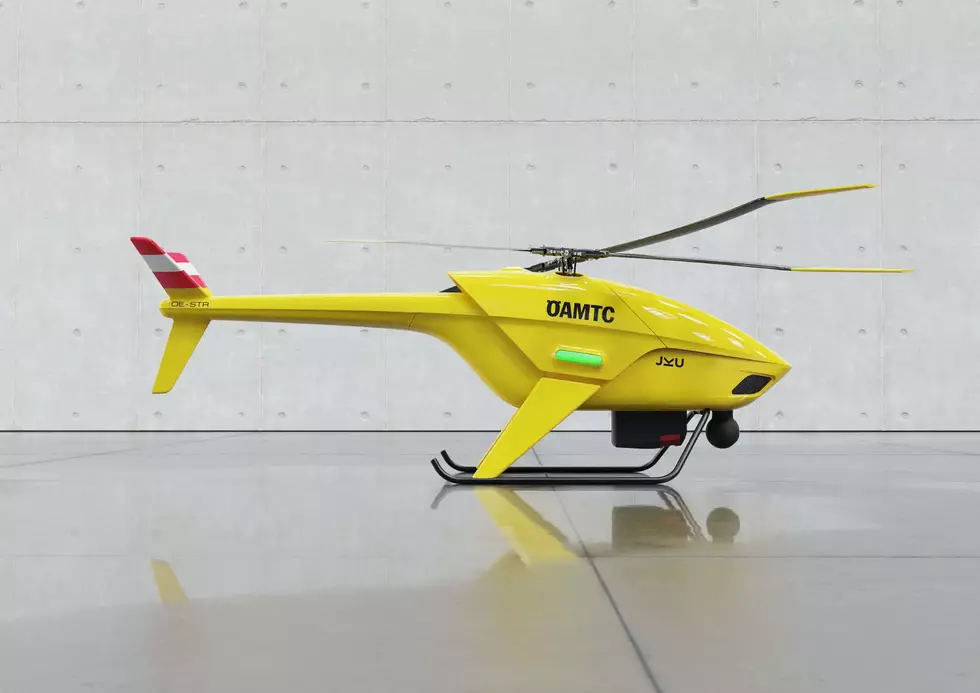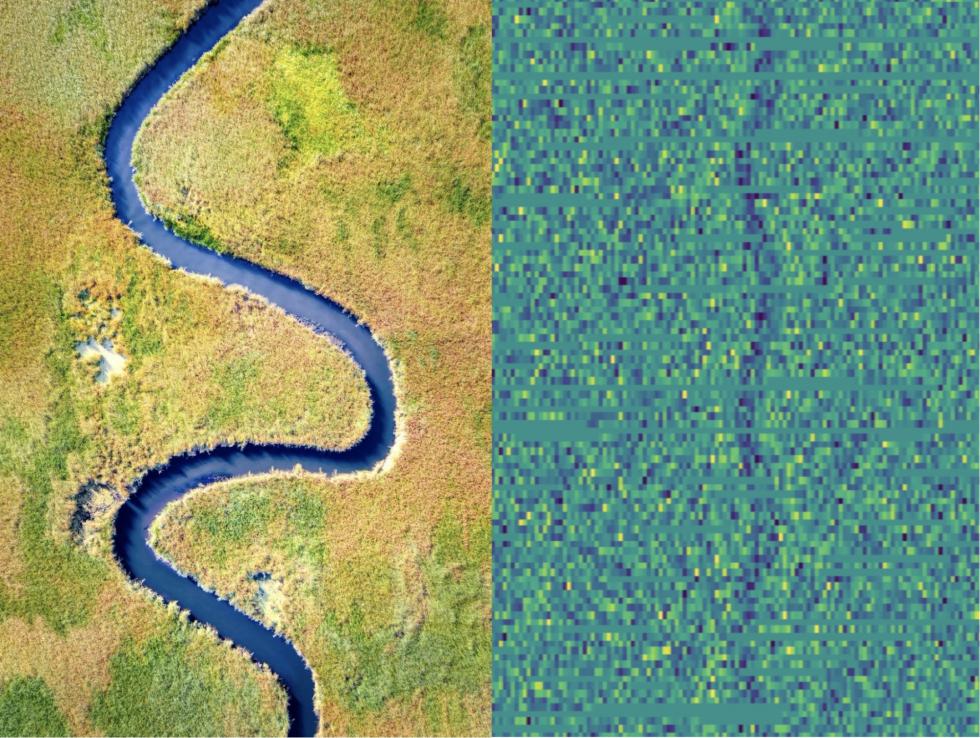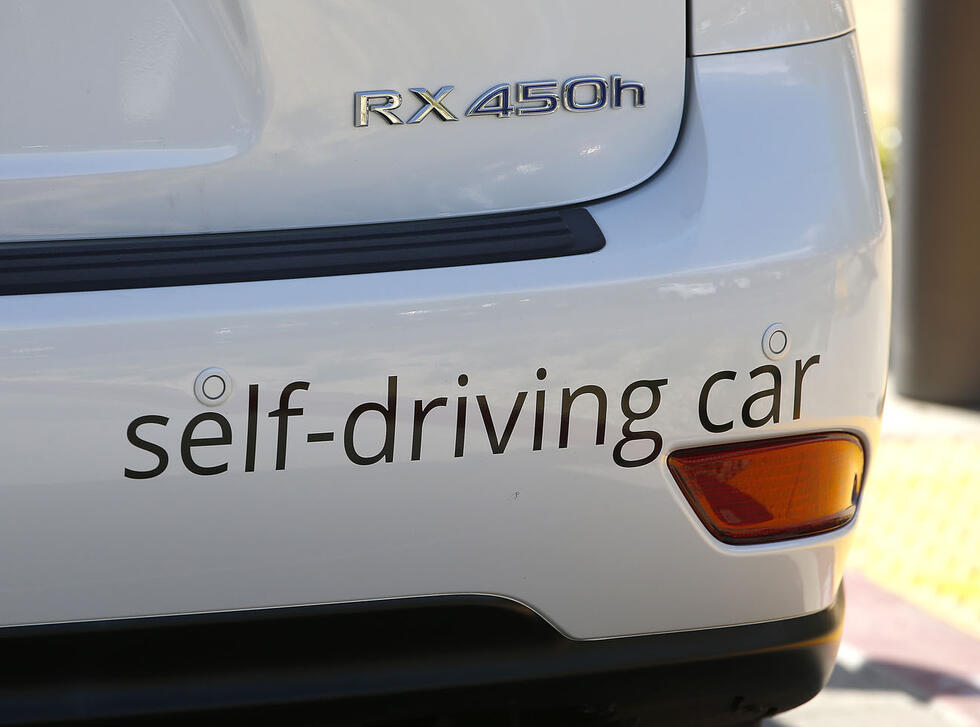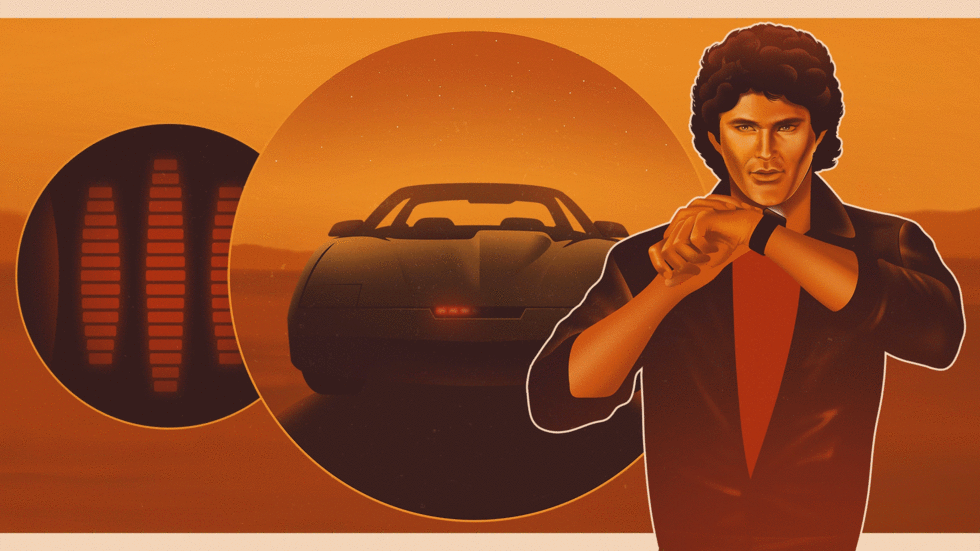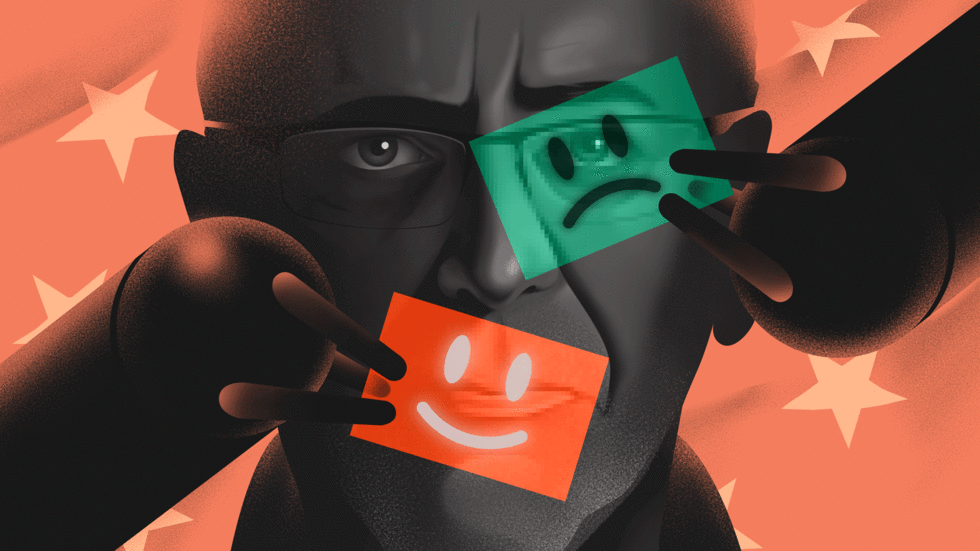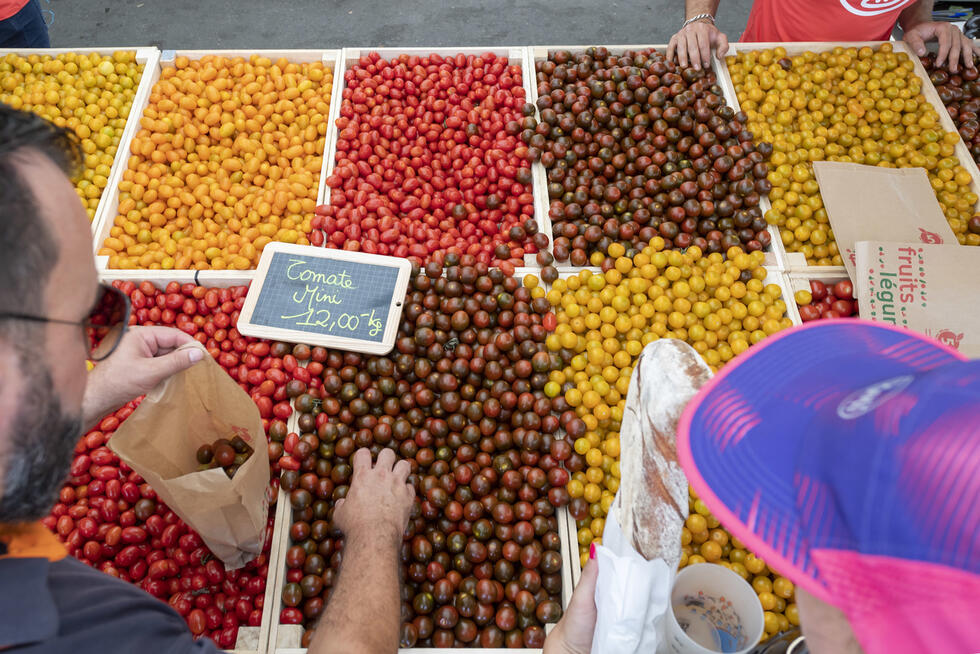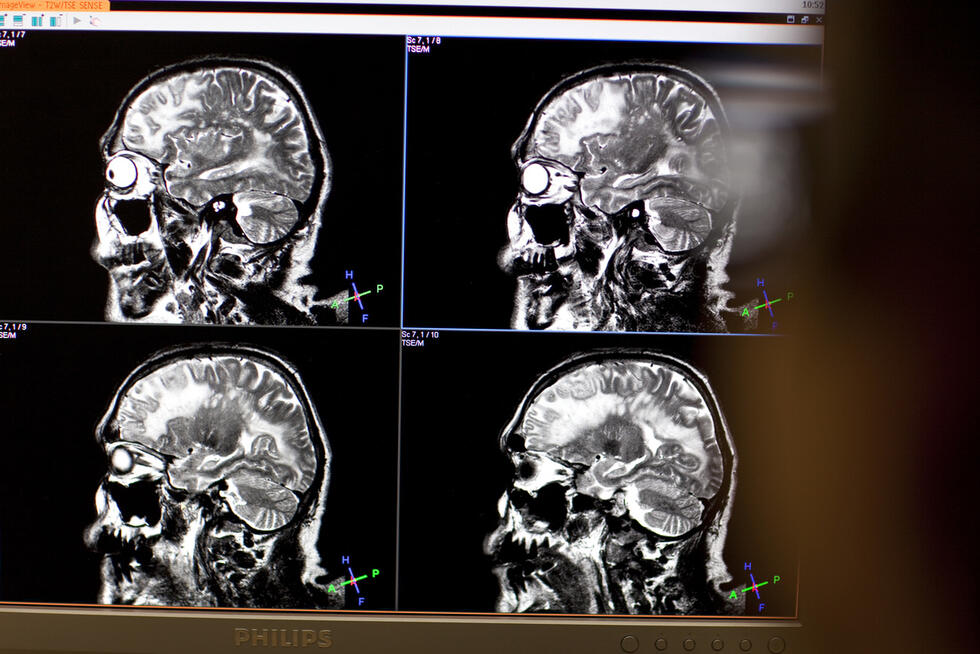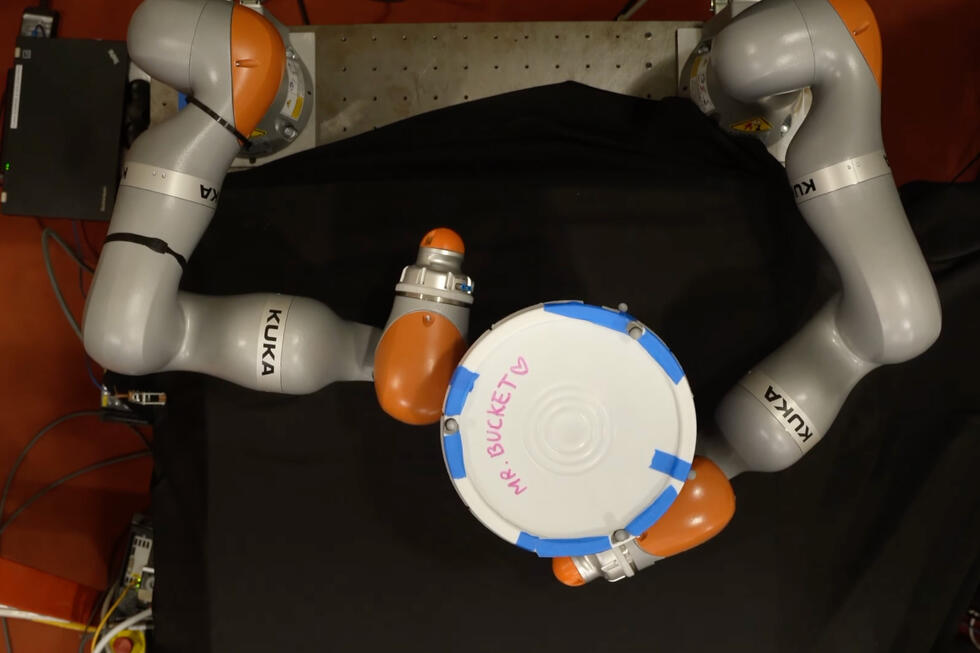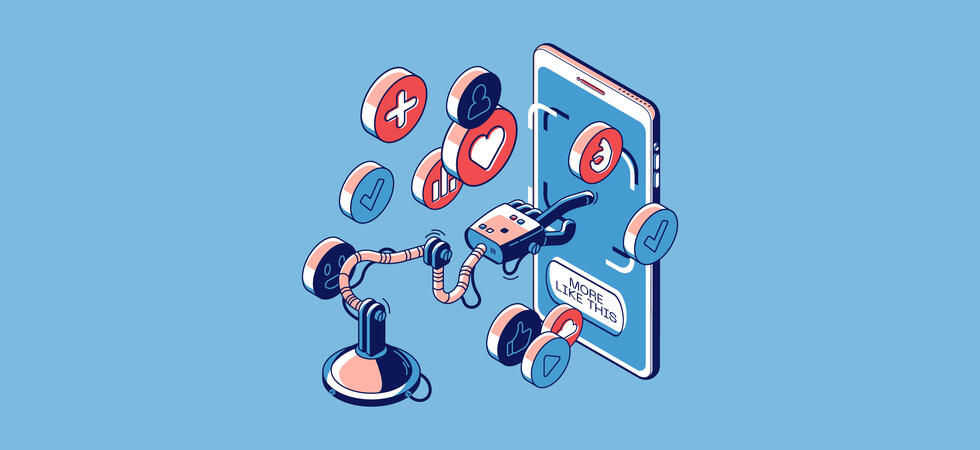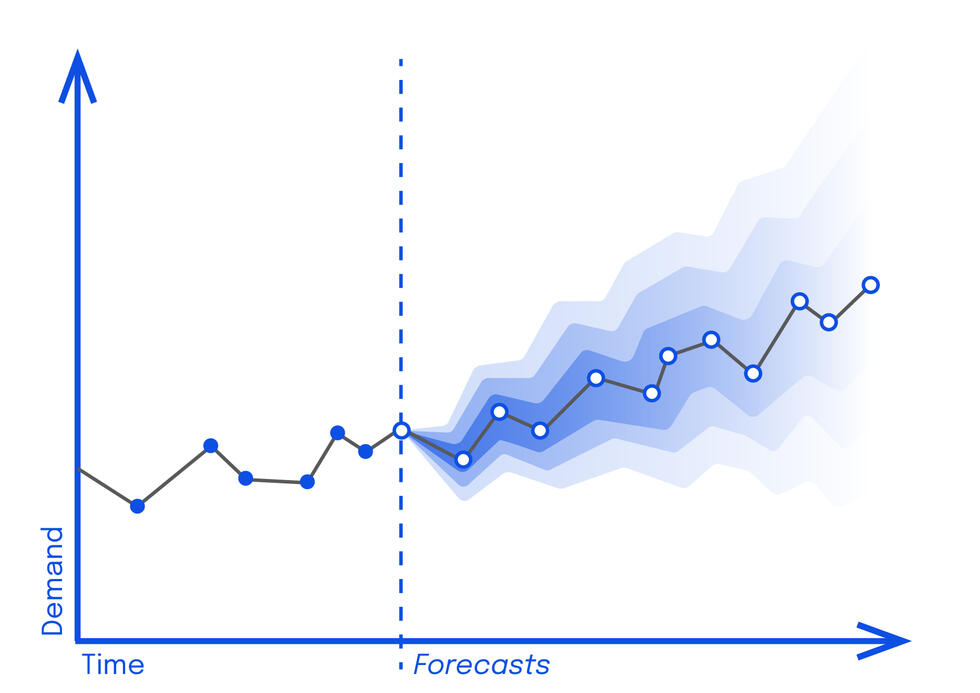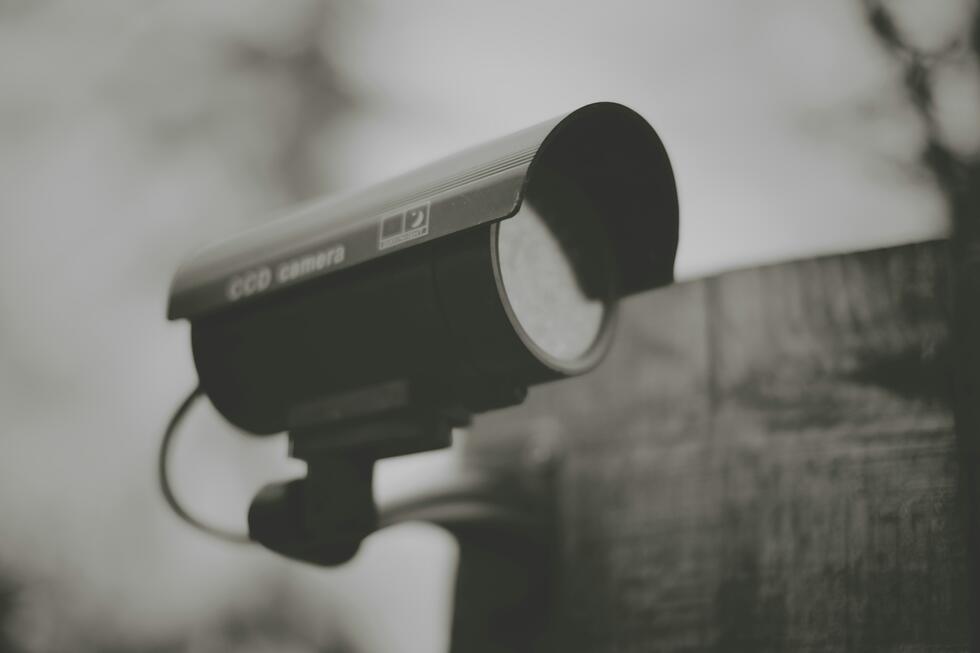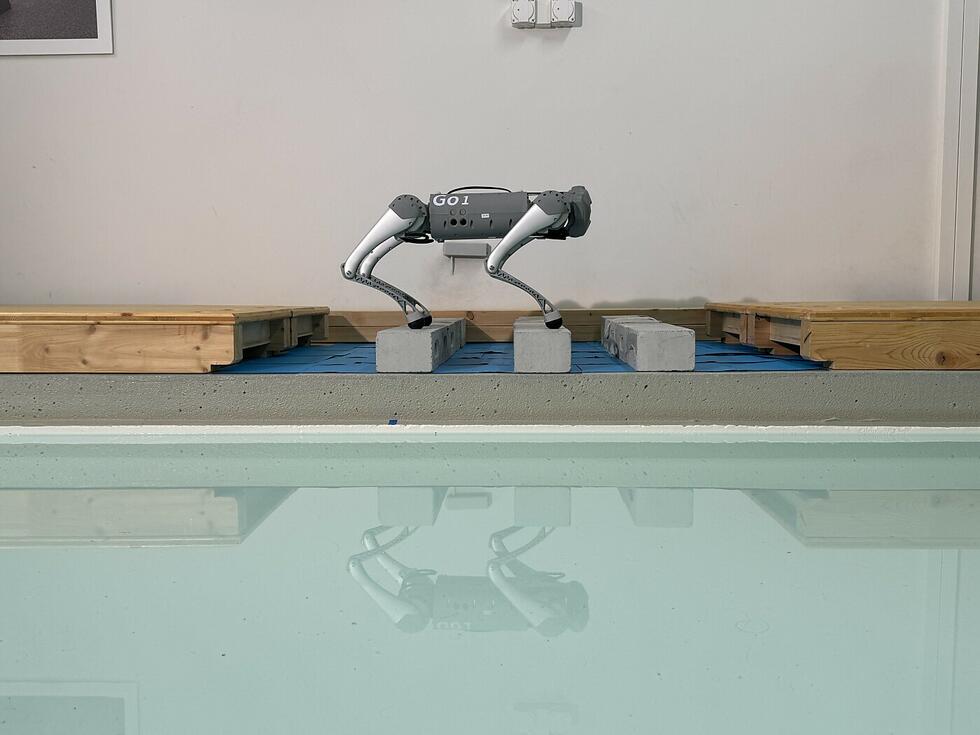“In the corona crisis, we believe in science”
The author Lars Jaeger sees the corona crisis as an opportunity for science. In an interview with Naratek, he talks about the current developments, the similarities to earlier epidemics – and the challenges for the future.
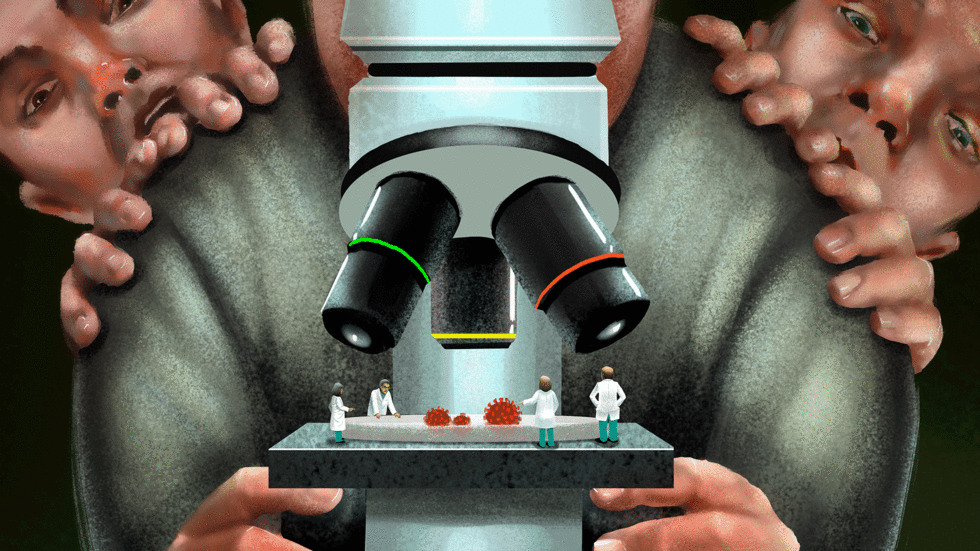
Lars Jaeger studied physics, mathematics, philosophy, and history, and he spent several years researching quantum physics and chaos theory. He lives near Zurich, Switzerland. The enterprising lateral thinker is the founder of two companies that provide consulting services to institutional financial investors and he regularly blogs on science and current affairs. In addition, he lectures at the Zeppelin University in Friedrichshafen, Germany, among others. He is driven by a never-ceasing enthusiasm for the natural sciences and philosophy. His ideas and publications constantly revolve around the impact of the natural sciences on our thoughts and lives. His latest book “Mehr Zukunft wagen!” (“Daring more future!”) was published in September 2019 by the “Gütersloher” publishing house.
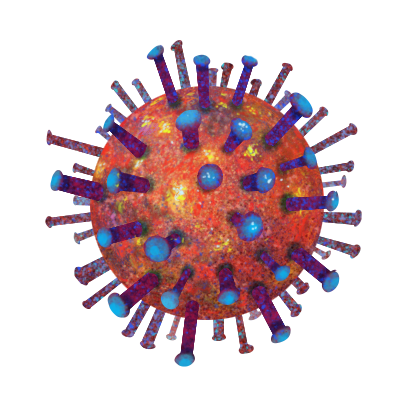
Lars Jaeger, among other things you have researched chaos theory. Does this theory provide you with any insights into the current state of affairs?
(laughs) Chaos theory was indeed the subject of my doctoral thesis. But what we are currently experiencing is not chaos. We are actually witnessing a highly structured development that is characterized by exponential growth – the infection by the new coronavirus from one person to the next, which, if no measures are taken, continues until herd immunity is achieved.
So actually, it is more of a case for mathematics?
Yes. The mathematics behind the current pandemic are relatively simple and by no means new.
In your recent essay on the corona crisis, you drew comparisons to the outbreak of the plague in the Middle Ages – pointing out that many processes are actually quite similar.
Naturally, there is a significant difference between the crisis events of the Middle Ages and of the early modern period: Back then people saw prayer and faith in God as the only means of salvation. For the former, they would frequently congregate in large groups, which further increased the spread of the disease. Nowadays we believe in science, which we hope will deliver a vaccine. But the reactions of people in the Dark Ages were indeed surprisingly similar to those we are seeing today. People were afraid, they hoarded, and governments shut down their borders. Although one would think that we should understand the dynamics of such a pandemic more fully today than in the Dark Ages.
For the former, they would frequently congregate in large groups, which further increased the spread of the disease. Nowadays we believe in science, which we hope will deliver a vaccine.
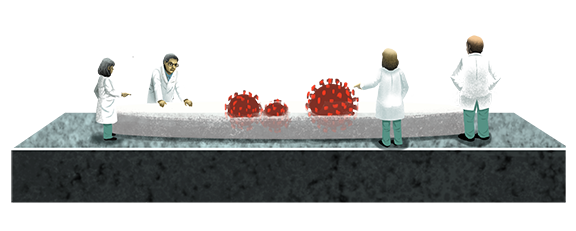
You claim that hope in the corona crisis rests on science.
Many people view science as a lifeline. Their hope lies in the ability of scientists to develop a vaccine against the virus as quickly as possible. Experts expect that such a vaccine will already be available within a year. Meanwhile, researchers have gained many insights into the new virus. Its DNA was already sequenced in January and scientists are currently working around the clock to develop a vaccine. At the same time, we see a great deal of distrust and skepticism towards science these days. You only have to look at the US President, who simply dismisses anything that does not fit in with his own views. Although he hopes that science will salvage the situation for him, he has simultaneously been ignoring everything the experts have advised in the current situation.
Is science engaged in a kind of trench warfare against an increasing number of people who dismiss even the most obvious truths?
That is my view, yes. For some time now, I have been observing a growing skepticism towards science. On the one hand, there are politicians or other people in power who reject scientific findings on ideological grounds. It is astonishing how science skeptics such as Donald Trump or Mike Pence, Jair Bolsonaro, Viktor Orban, and so many other contemporaries, who are otherwise so pronounced about their distrust of science in the comment sections of blogs, are now turning to scientists and urging them to rid the world of the coronavirus as quickly as possible. Donald Trump has called on scientists to develop a deployable vaccine before the presidential election this November, and is even willing to provide substantial funding. So now he wants the shunned scientists to save his presidency. With regard to the transition from negating scientific findings, such as the theory of evolution, the dangers of epidemics, or the theory of relativity, towards becoming advocates of the scientific method and its rational and empirical search for solutions, it would appear that the virus has had a very positive infectious effect.
This kind of skepticism is also common in the debate on climate change.
Precisely, this is indeed the prime example.
Is the corona crisis playing into the hands of scientists?
I am not certain that this will occur automatically. In situations that cause primal fear, finding someone to blame is a common behavior. Donald Trump is a case in point: He blamed the Chinese, the Europeans, you name it. It would be great if our current situation were to encourage society to adopt a more positive attitude towards scientific knowledge. However, I am observing rather the opposite. In times of crisis, many people are prone to completely irrational behavior, for example stocking up on excessive amounts of toilet paper.
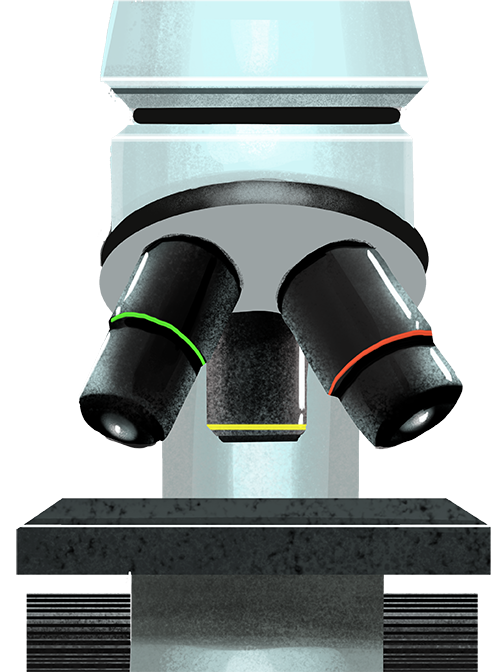
On the other hand, there are currently a handful of virologists, such as Dr. Christian Droste in Germany, who have virtually achieved the status of superstars. Do you see this as a positive sign?
We naturally yearn for saviors. And people like that have enormous credibility, they know their stuff, and they can offer a measure of hope. Thus, the media are very quick to stylize them as heroes. And many people simply want to hear that the current situation can be solved if we just take the right measures.
Must science reinvent itself to some degree in order to be taken seriously?
What is more, I believe that science must become more active in the face of ideologically entrenched opponents and mindsets.
I don’t think so. Of course, today’s science is somewhat different to what it was a century ago. It is a mass product that cannot exist without funding. Consequently, it tends to come under a certain pressure to justify its existence. But I believe it can fulfil this. What is more, I believe that science must become more active in the face of ideologically entrenched opponents and mindsets. Nowadays its role is also to present its findings more proactively. But frequently, scientists are not necessarily the most skilled communicators. Nor are they always good psychologists.
Among other things, you are an investment and financial expert. What is your opinion on biotech shares?
They certainly have tremendous potential. Tapping into or manipulating DNA opens up vast opportunities. But as an investor you have to be cautious: A good idea does not necessarily translate into a good share – or a good company. (laughs) What is required is a sound understanding both of the technology that such a company offers and of the valuation mechanisms of such shares. I would definitely not chase such stocks.
There are now companies, such as the Canadian company Bluedot, that want to apply AI to predict future pandemics...
Well, pandemics certainly follow predictable patterns. The fear of an outbreak of Ebola, for example, has been troubling scientists for some time, and the question is always the same: When will an epidemic turn into a pandemic? This certainly depends on aspects that cannot be predicted that easily. With the coronavirus, for example, there was no way of knowing that the outbreak would occur during the Chinese New Year of all times, when so many travelers would carry the virus all around the globe. To the Italian ski resorts for example, from where it spread throughout Europe. After all, the Chinese authorities actually had the virus under pretty good control.
What is your forecast for the corona crisis?
I believe we have good prospects of coping with the situation in Europe. We have taken the appropriate measures – although in some cases maybe a week or two too late. Italy and Spain will soon have reached the peak, after which we will probably see decreasing infection rates there as well. I have greater concerns with regard to the United States. I do not believe that the measures taken there are sufficient; and having a lunatic president at the helm does not make things any easier either. The UK also reacted belatedly, not least because of a short-sighted Prime Minister. But I have the strongest doubts about the US.
At the end of the day, we will just have to wait for a vaccine. So the hopes rest on science.
Precisely. Without a vaccine, we will have to cope with subsequent waves, as was the case with the Spanish Flu a century ago. By comparison, the first wave of the flu back then was actually not that severe. The second one was really drastic. However, I expect we will have the vaccine in a year’s time.
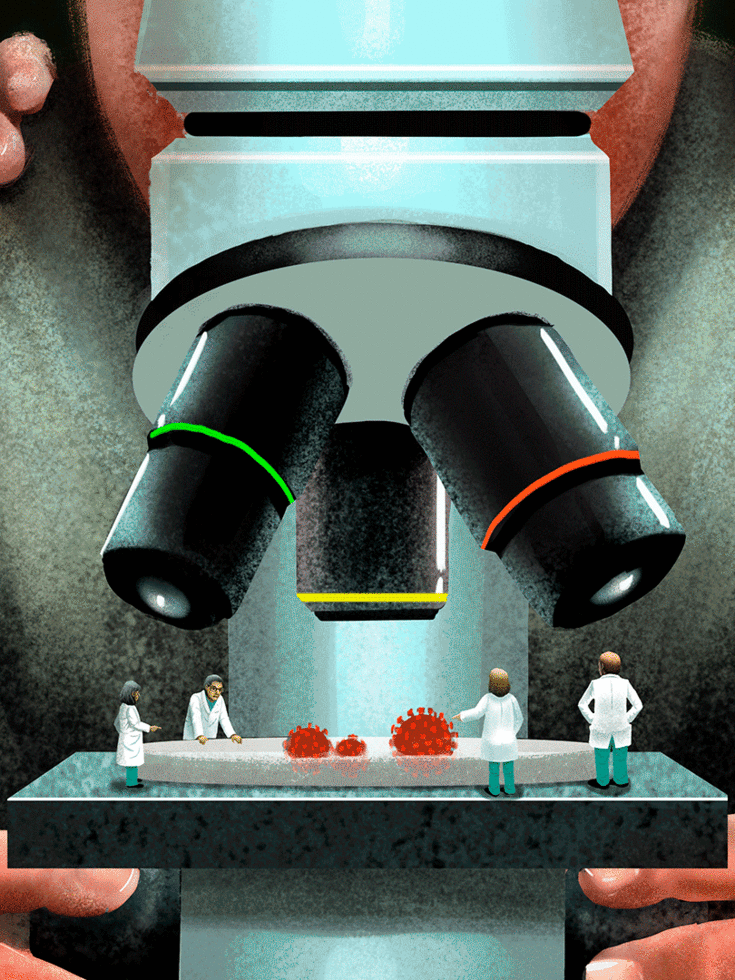
AI was the first to raise an alert about the Wuhan virus
The algorithm of the Canadian company Bluedot already warned of a virus outbreak in the Chinese city of Wuhan on December 31, 2019. Thus, the artificial intelligence was a full nine days ahead of the WHO. By applying a combination of artificial and human intelligence, the company is developing a tool for the early detection of epidemics. The Bluedot algorithm autonomously crawls the Internet. The AI is interested in news, databases, and reports on animal and plant diseases, official health warnings, but also forums and blogs.
By accessing the ticket data of airlines, the Bluedot tool is even able to forecast the probable progression of a pandemic. Thus, Bluedot correctly predicted that the coronavirus would first spread to Bangkok, Seoul, and Tokyo. But Bluedot does not rely on AI alone. The company’s specialists evaluate the algorithm’s predictions based on scientific aspects and only issue alerts when they appear plausible.
Written by:
Illustration: Ryan Sanchez
